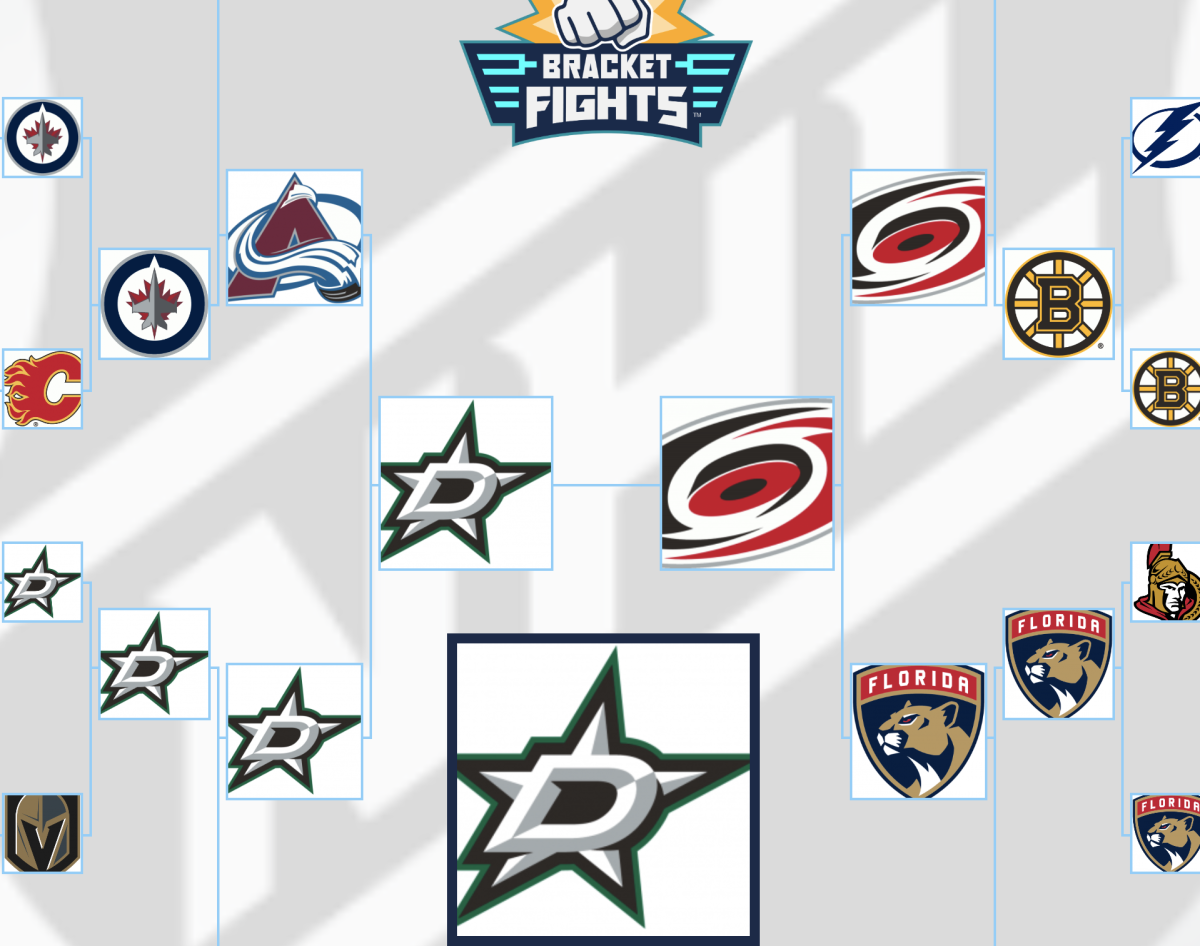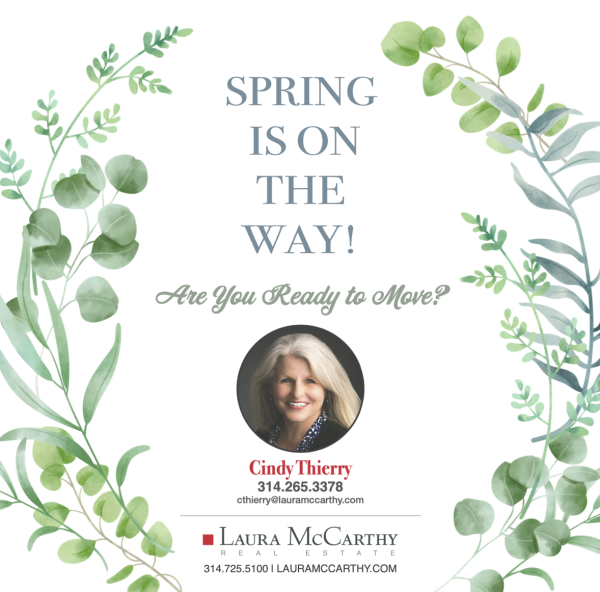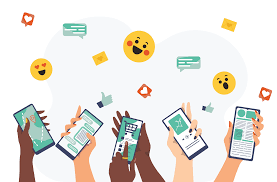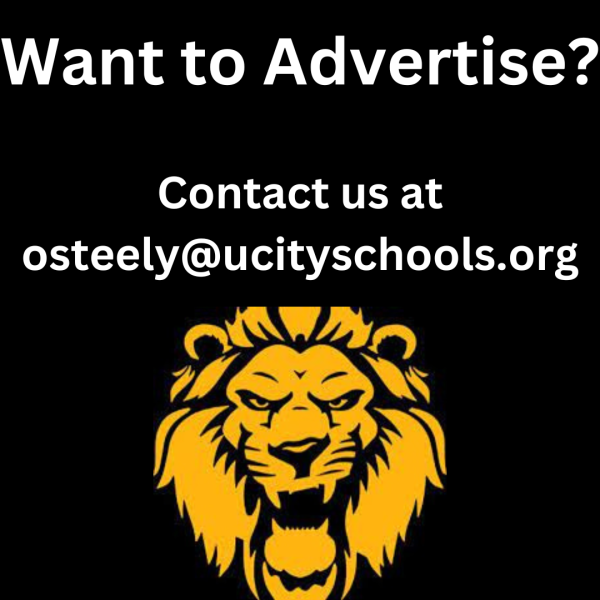Election results cause ideological gap
January 4, 2017
Many of us remember exactly what we were doing when we heard the news that Donald Trump secured the presidency– regardless of which news outlet you were watching, there’s no doubt you remember the banner floating at the bottom of the screen reading “Trump Declared President-Elect” or something of the sort.
The following day was Wednesday, an “A” day, and most teachers and students came to school with the same mindset- “Let’s just pretend that didn’t happen.” For the first few classes, a lot of students had issues getting their teachers to let them address the election, likely because many teachers were having trouble addressing it themselves.
Most of us were in a state of shock– however, the most unbelievable aspect about this election, in my opinion, was the fact that so many people were so surprised. I don’t mean that in a condescending way, either- I was (and still am) appalled that so many people genuinely thought that America was incapable of electing such a terrible man. Since America was founded on racism and bigotry, I figured we all accepted the possibility of a Trump presidency, but I was greeted with genuine disbelief and confusion, which puzzled me.
It finally became apparent that a large part of the reason Trump secured the candidacy was due to many Clinton supporters living in echo chambers, or surrounding themselves with people who shared the same political ideals and opinions. This led many Clinton supporters to believe that there was no possible way that Trump could win, because they figured since everyone they knew was voting for Clinton, she would be the next president and they weren’t required to go out and vote. This, obviously, was not the case.
It is a part of human nature to to gravitate toward those who think like you and hold similar values dear, but that was the downfall of Democrats in this election. Diversity of thought is something that many people who are liberal-leaning have trouble grasping, because they figure since they’re liberal, diversity is inherently a part of their platform, so they don’t have to take extra steps to be open-minded. Social media is a huge indicator of this– liberals follow other liberals. The same can be said for conservatives, however, since most people at U. City are (or identify most with) liberals, criticizing conservatives won’t incite change within the liberal community.
On Twitter, Instagram, Facebook and Tumblr, liberals and Democrats live within their own little bubbles– this is fairly easy to uphold, because social media is dominated by millennials, and most millennials identify as liberal. It’s almost gotten to the point where a liberal can log onto Twitter and not expect to see any moderates, much less conservatives. This is an issue because, when a liberal and conservative do meet on the internet, it often becomes less of an open dialogue and more of an argument. In person, it’s much worse– in the unlikely event these two very different people were to meet in real life, it would likely end up in a screaming match or the silent treatment.
Basically, the disconnect between liberals and conservatives is a much larger problem than it seemed. It’s not just an ideological split- it’s a split between neighbor and neighbor, cousin and cousin, many times even parent and child. It’s time to bridge this gap– actually, it’s past time. It’s not about agreeing on everything, it’s about having the ability to have actual dialogues and not arguments. Contrary to popular belief, calling someone who disagrees with you an idiot is not progressive, nor is putting others down. Instead of completely shutting down and giving someone the silent treatment or blocking them on social media, maybe engage them and ak why they feel that way. Respecting political opinions and differences is important to change, so is diversity of thought.
Racism, homophobia, transphobia, misogyny and ableism are not political opinions, however. Those are examples of bigotry and internalized bias and prejudice, and they need to called out. There is a way to confront these things as well, and it starts by giving the person the benefit of the doubt. Sometimes, people aren’t trying to be racist or homophobic, they may genuinely not know what they’re saying is bad. This is where you come in– as an educator, not an enemy. Changing the language you use toward people is the best way to open them up to difficult conversations, and surrounding yourself with people you don’t necessarily agree gives you practice using that language and having those conversations. So give it a try. It won’t be easy at first, but as you get used to it, it becomes a comfort knowing everyone doesn’t think the exact same way you do.






































